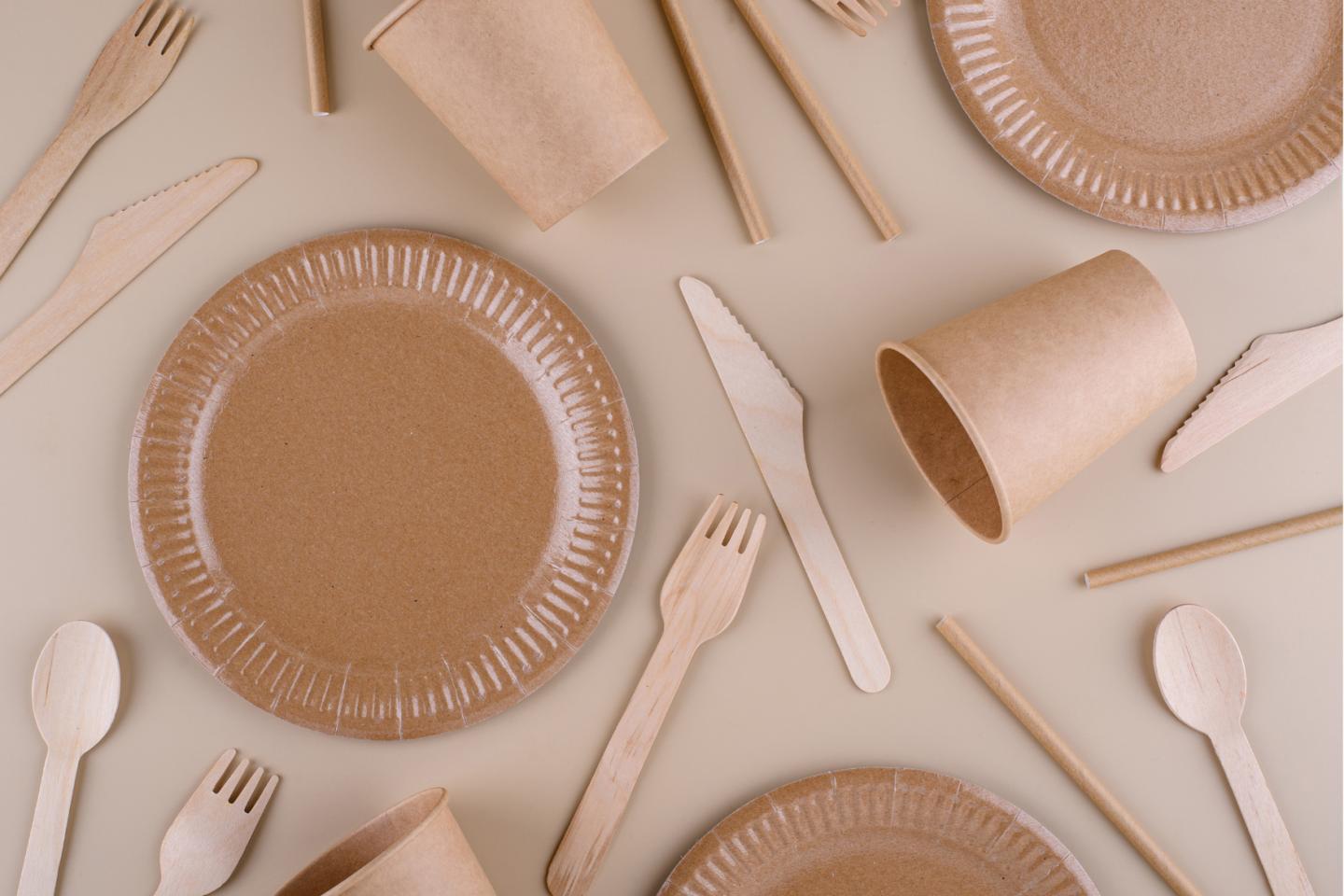Food answering to sustainability
The plastic pollution crisis is one of the most pressing environmental issues on the planet.
The widespread use of plastic is a relatively new phenomenon in historical terms, but the material has already made a serious impact on the environment.
Around 8 million tons of plastic waste escapes into the oceans from coastal nations every year, killing millions of animals and spreading harmful microplastics.
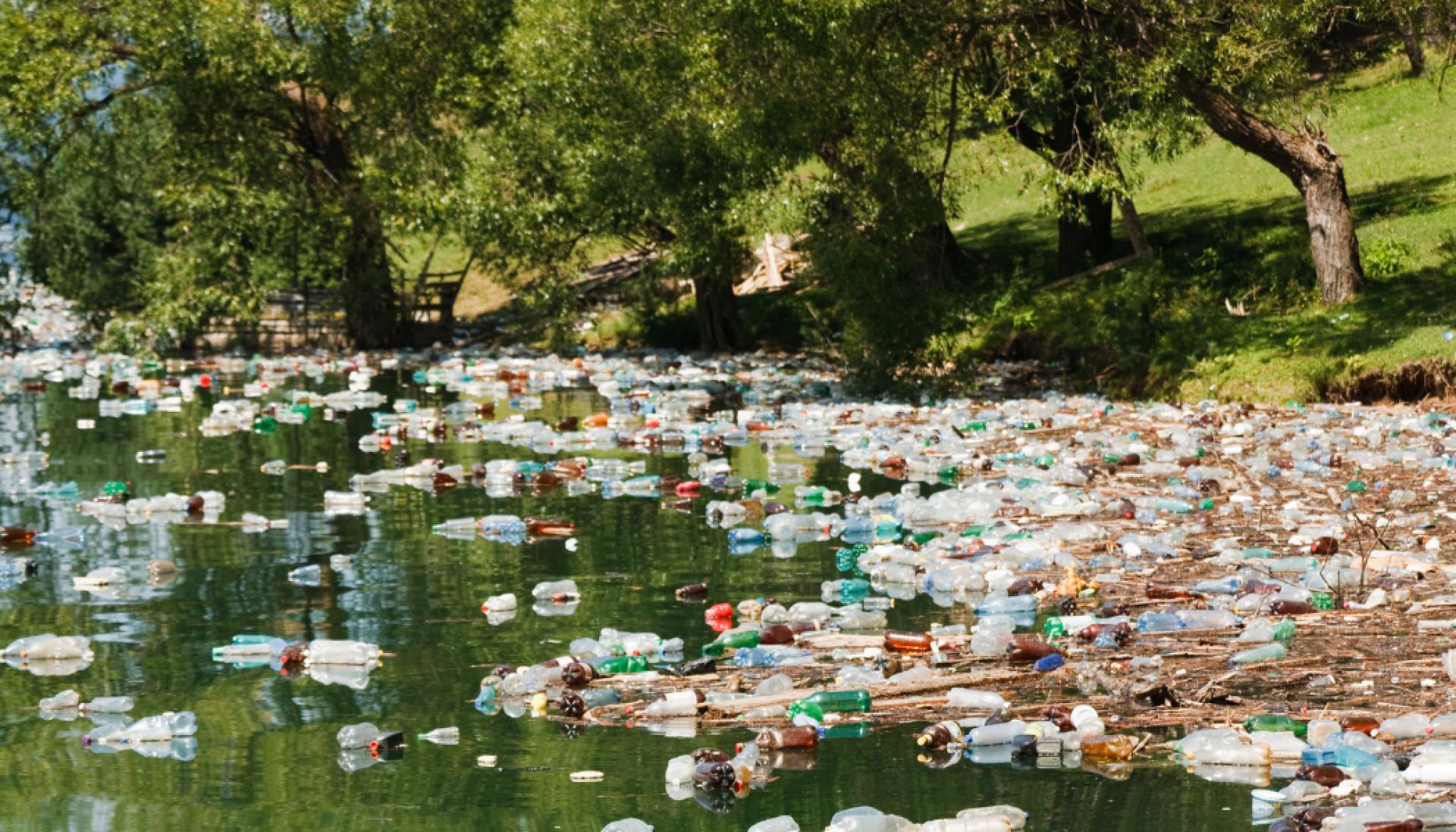
One of the biggest contributors to plastic pollution is food packaging.
Single-use plastics account for 40% of the plastic produced every year, and food packaging is notorious for its excessive material usage and wasteful design. Although plastic is cheap to manufacture and convenient for both retailers and consumers, it’s causing long-term damage to natural ecosystems around the globe.
The plastic pollution crisis poses a difficult challenge for many governments, manufacturers, and households - but some promising solutions are emerging that could help.
Sustainable packaging brands are using advanced technology and incredibly innovative solutions to fight back against plastic pollution. These businesses are harnessing the power of all-natural and recycled materials to produce more planet-friendly packaging products.
The goal is to create a circular bio-economy where fewer materials are wasted on food packaging, and more materials are reused and re-purposed to improve sustainability.
However, this isn’t an easy task. For sustainable packaging solutions to be adopted en masse, they’ll need to match the cost-efficiency of plastic while still keeping food protected and hygienic.
Let’s take a look at a few of the sustainable packaging manufacturers that are leading the charge against plastic, and explore some of the mind-blowing solutions being created.
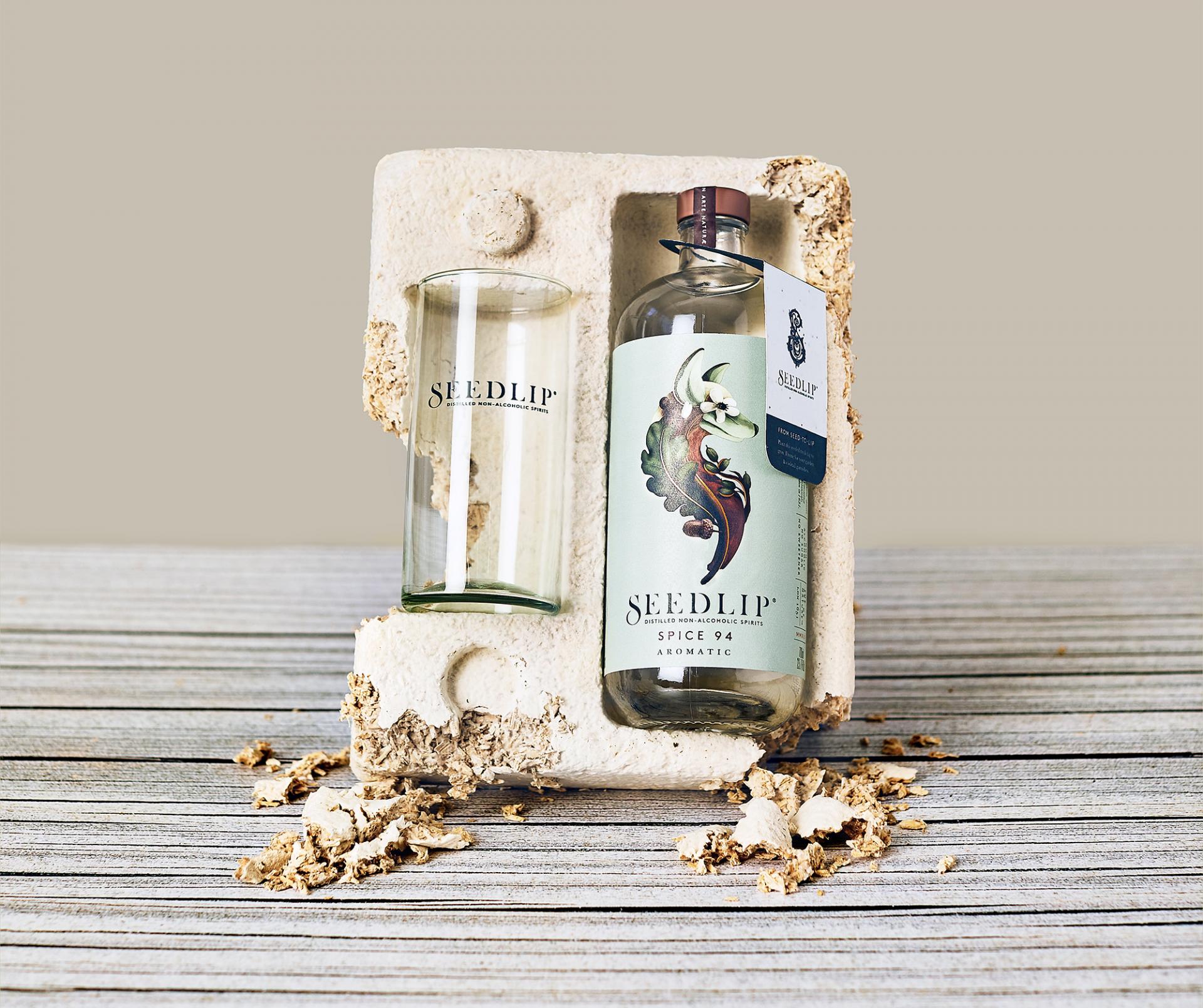
Unlocking the potential of nature-based sustainable packaging
UK-based startup Magical Mushroom Company was founded by Paul Gilligan in 2019 and has made tremendous strides in the biodegradable packaging space.
As its name suggests, the Magical Mushroom Company utilises mycelium (the root material structure of fungi) to create sustainable packaging alternatives. Since mycelium offers natural durability and flexibility, it’s an ideal candidate for a nature-based packaging product.
The business uses agricultural waste as a base for its packaging products, which is then combined with mycelium. Mycelium effectively binds these waste materials together, which allows them to be baked and dried to produce 100% natural packaging.
These mushroom packaging products are also fully biodegradable, meaning once they’ve been used, they can be disposed of in gardens, plant pots, or green waste bins.
The Magical Mushroom Company is one of the most innovative brands in the market, combining cutting-edge science with an all-natural philosophy to deliver a truly sustainable packaging alternative.
Unsurprisingly, the business has also garnered a huge amount of interest and investment. The company received €3.4 million in new funding earlier this year, with significant investment from notable environmental activists and green energy pioneers.
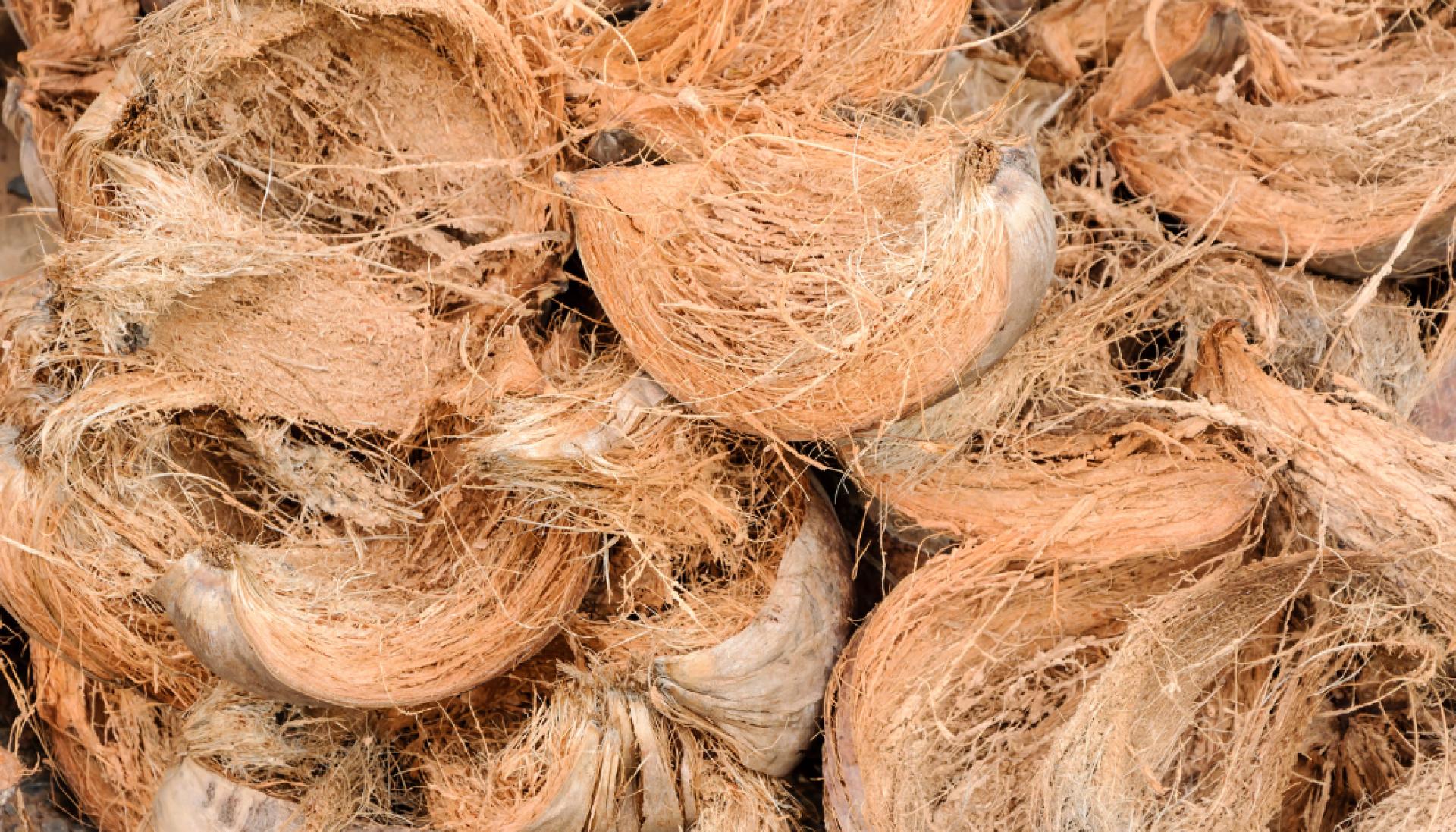
Using food waste to create sustainable packaging
The potential to utilise more food waste materials to create eco-friendly packaging is hugely exciting. This is a fantastic way to set up a sustainable circular economy, as food products are constantly present and recycled throughout the process.
Enkev, a brand famous for creating products using natural fibres, has made a major impact in this market with its Cocoform packaging solution.
Cocoform uses the flexibility of coconut fibres to produce a range of biodegradable products. Since these coconut fibres are naturally strong and durable, they’re ideal for fragile items like eggs and glass bottles that require sturdier packaging.
These Cocoform products can be reused multiple times without issue, and can also be disposed of quickly without damaging the environment.
Enkev has created many impressive solutions with natural fibres, and the use of renewable materials and food waste is paving the way for a more sustainable future. Not only are these products environmentally friendly, but they’re also practical for daily use.
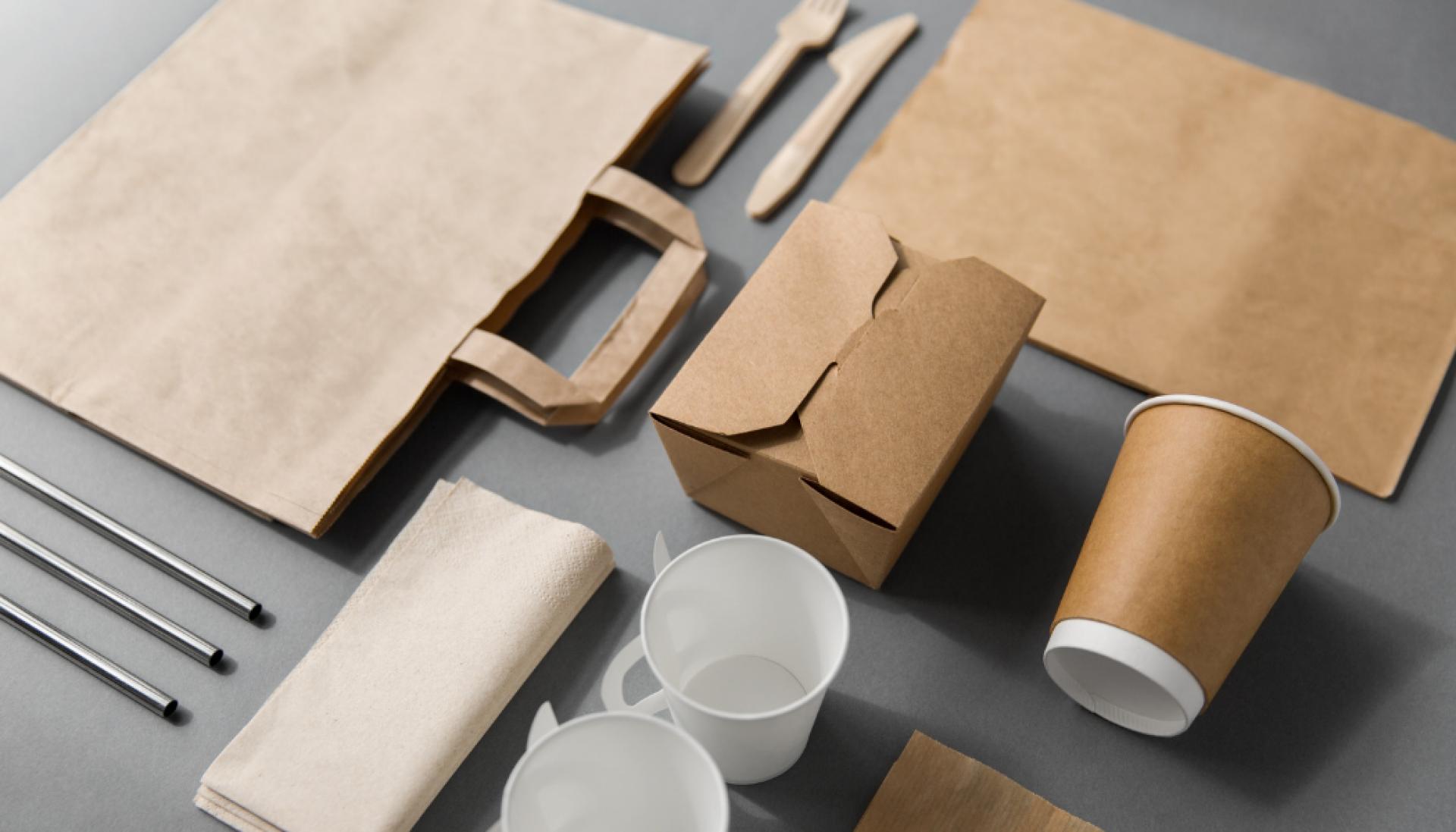
Revolutionising the hospitality and street food sectors
We often think about supermarket chains and global manufacturers when it comes to plastic pollution - but the hospitality and street food sectors also present a huge opportunity for sustainable alternatives.
Plastic waste has been particularly prevalent in food markets and catering services, where packaging is often used on a single occasion and then immediately thrown away.
However, some innovators are looking to change this.
Vegware (founded in 2006 by Joe Frankel) creates plant-based compostable packaging products for the food service industry. The business manufactures a wide range of eco-friendly items, from cutlery to straws and food cartons.
All of these products are made with recycled and renewable materials, which are designed to be commercially composted alongside food waste.
Another business driving innovation in this sector is The WholeLeaf Company. Founded in 2007 by Adejare Doherty, Peter George, and George Pynadath, The WholeLeaf Company creates tableware from sustainable materials like palm leaves and wood.
Once again, these products are 100% compostable and biodegradable, which is fantastic for catering businesses and street food vendors looking to make a positive change.
The WholeLeaf Company has also worked alongside established brands like Kerb and Wahaca, proving that sustainable solutions can be adopted by bigger businesses.
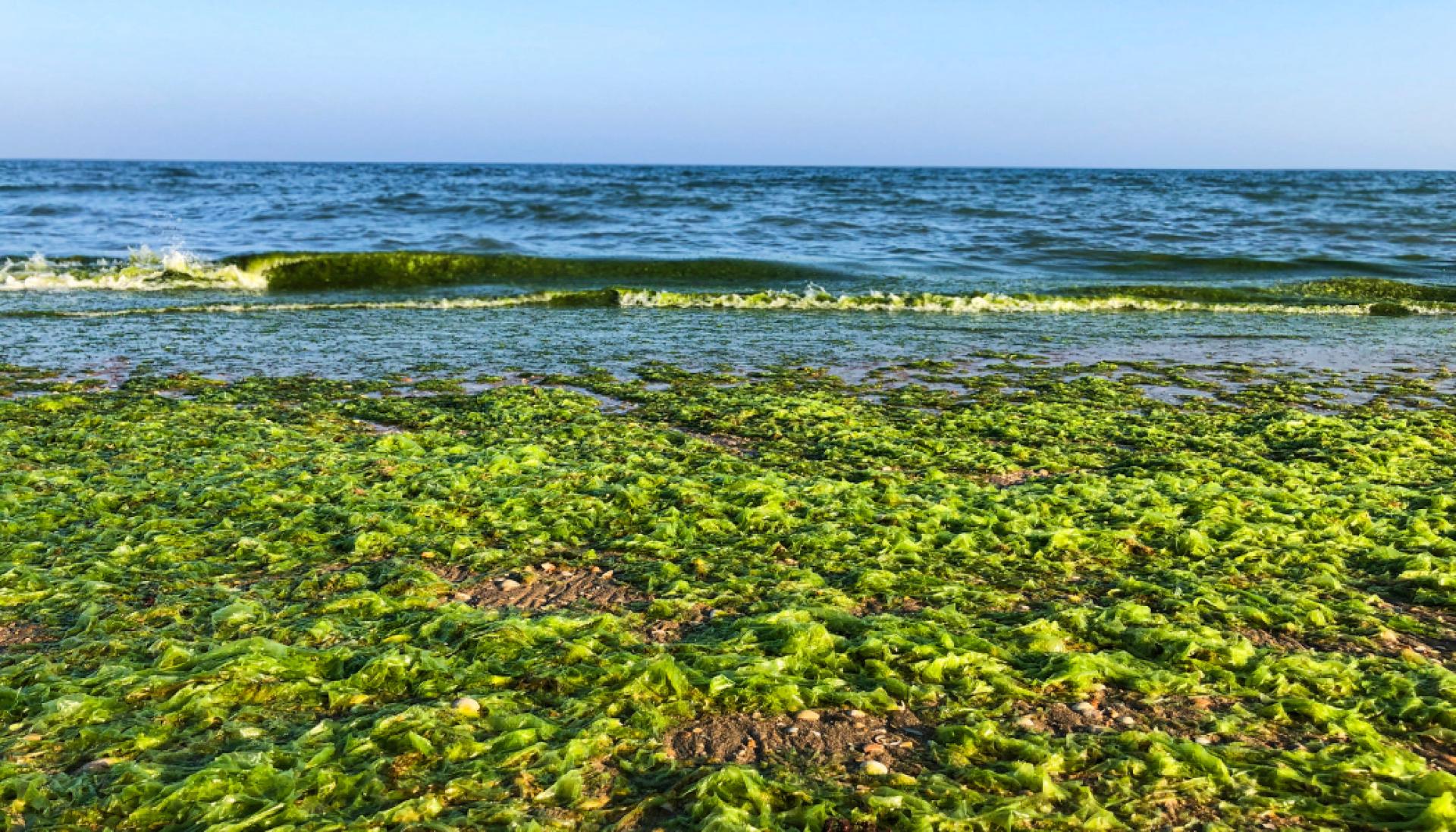
Leveraging seaweed-based packaging alternatives
One of the more inventive brands in the alternative packaging market is Notpla.
Founded by Pierre Paslier and Rodrigo Garcia Gonzalez in 2014, Notpla has found a way to utilise the natural power of seaweed to create industry-leading sustainable packaging solutions.
Seaweed is a fast-growing resource that can be found across the globe, making it the perfect choice for an eco-friendly manufacturing material. Notpla uses seaweed to produce a wide range of products, from liquid sachets to food containers.
All of these products are home-compostable and biodegradable, which is a game-changer for the future of food and beverage packaging.
Notpla has achieved a huge amount of success with its unique product offering, having partnered with brands like Lucozade and Just Eat to reduce their reliance on single-use plastics.
The business has also received a substantial amount of investment since its creation - most recently, Notpla closed a £10m Series A financing round in December 2021. This kind of investment will be hugely valuable to the company, allowing it to scale up its manufacturing and distribution efforts.
Corporate responsibility is becoming an increasingly important topic when it comes to conversations around sustainability. While there’s no silver bullet for tackling plastic pollution, pressure is building for global corporations to embrace sustainable packaging alternatives.
The key is for these sustainable packaging pioneers to find the sweet spot between eco-friendly product creation and cost-efficiency for larger businesses.
There are plenty of exciting packaging innovations being developed by challenger brands, from mushroom wine cases to seaweed food cartons. The quicker these solutions are adopted by bigger corporations, the brighter the future of the food industry will be.
